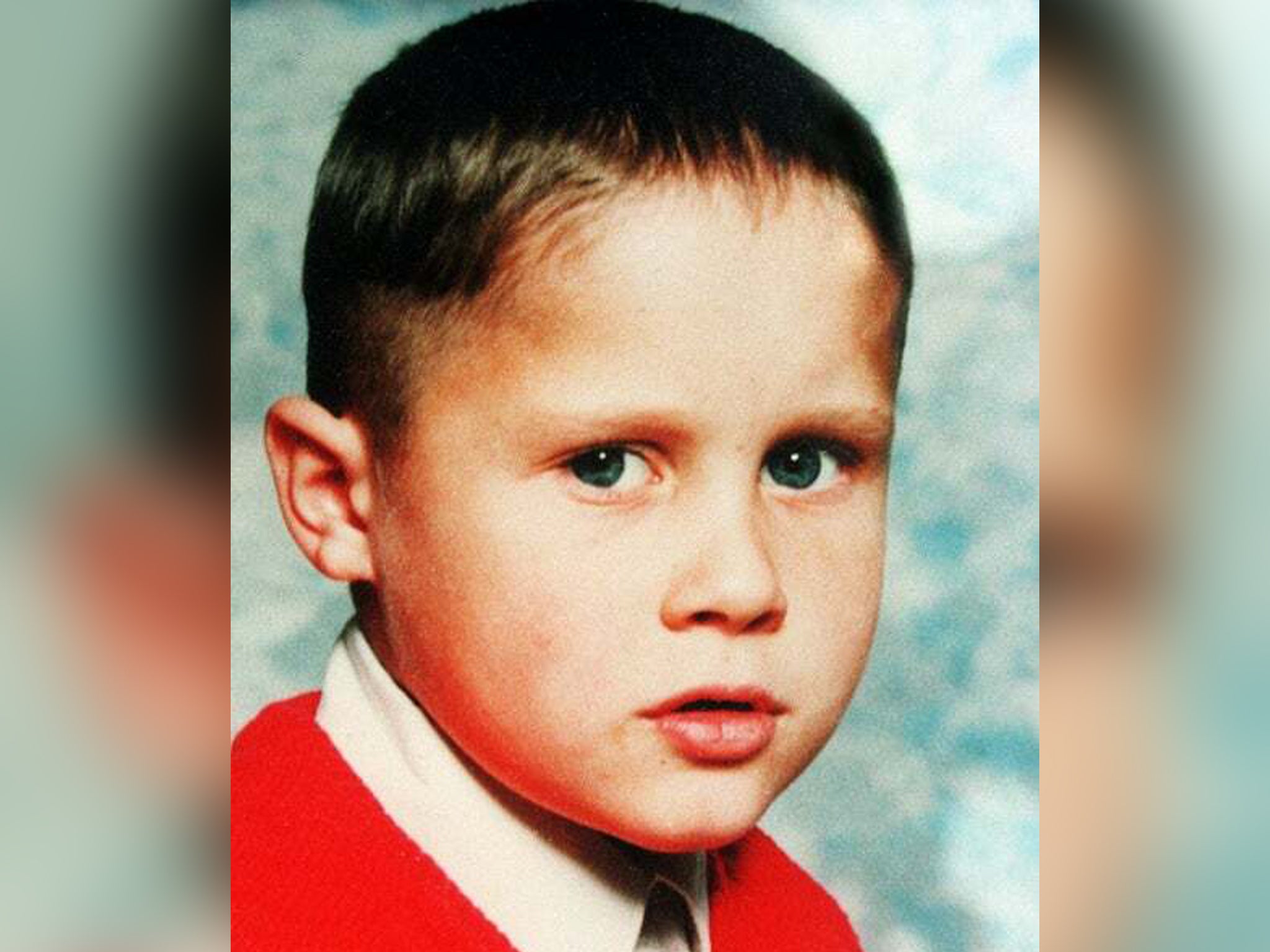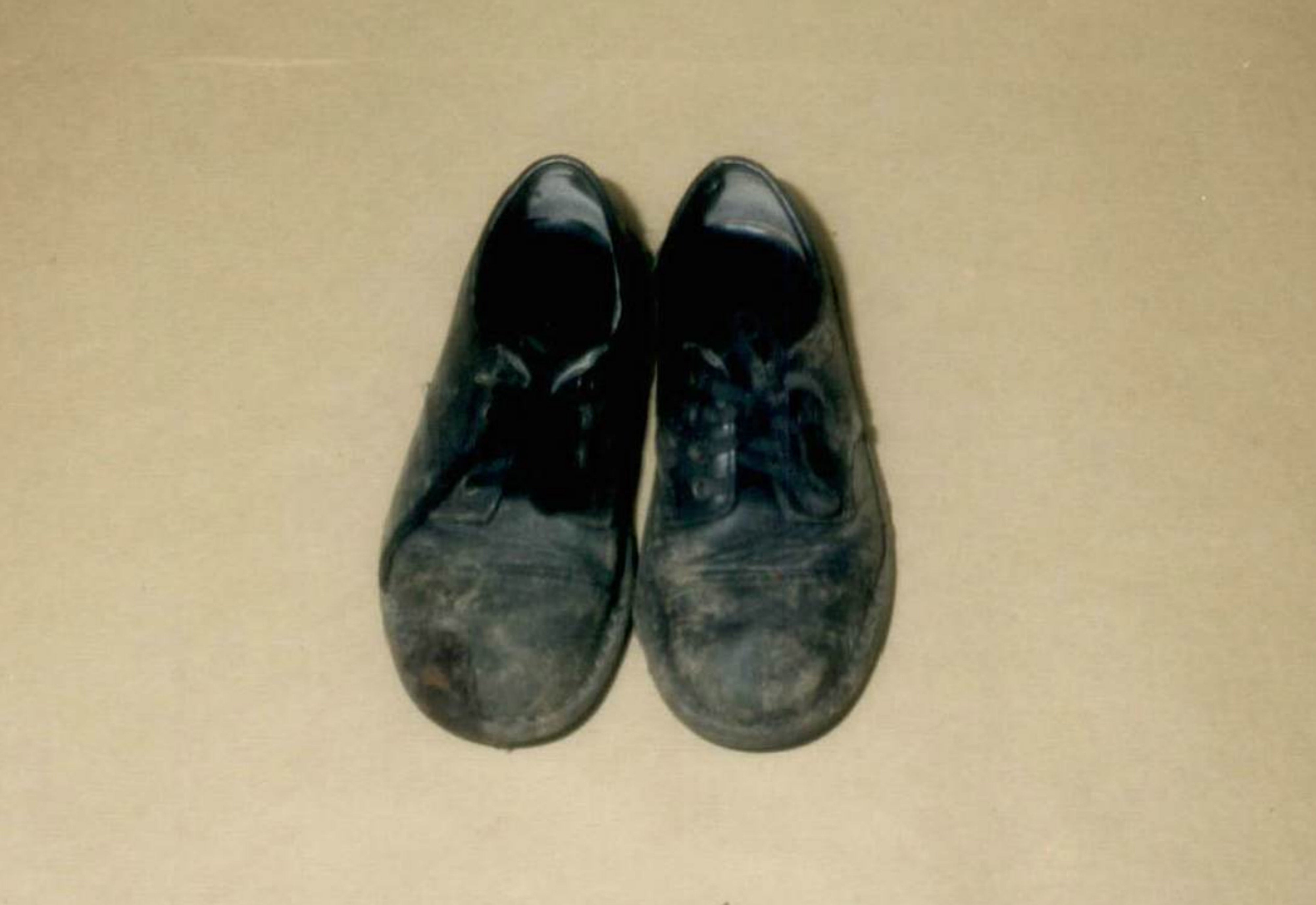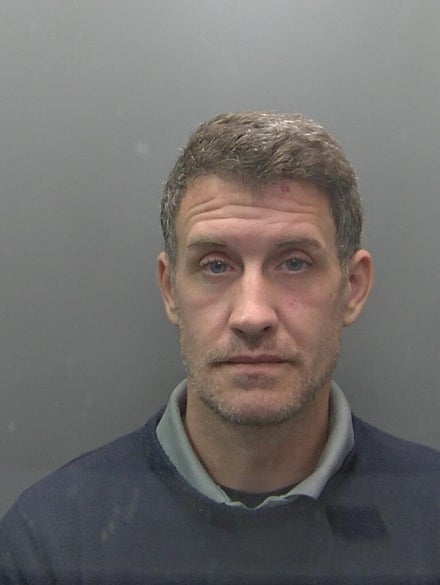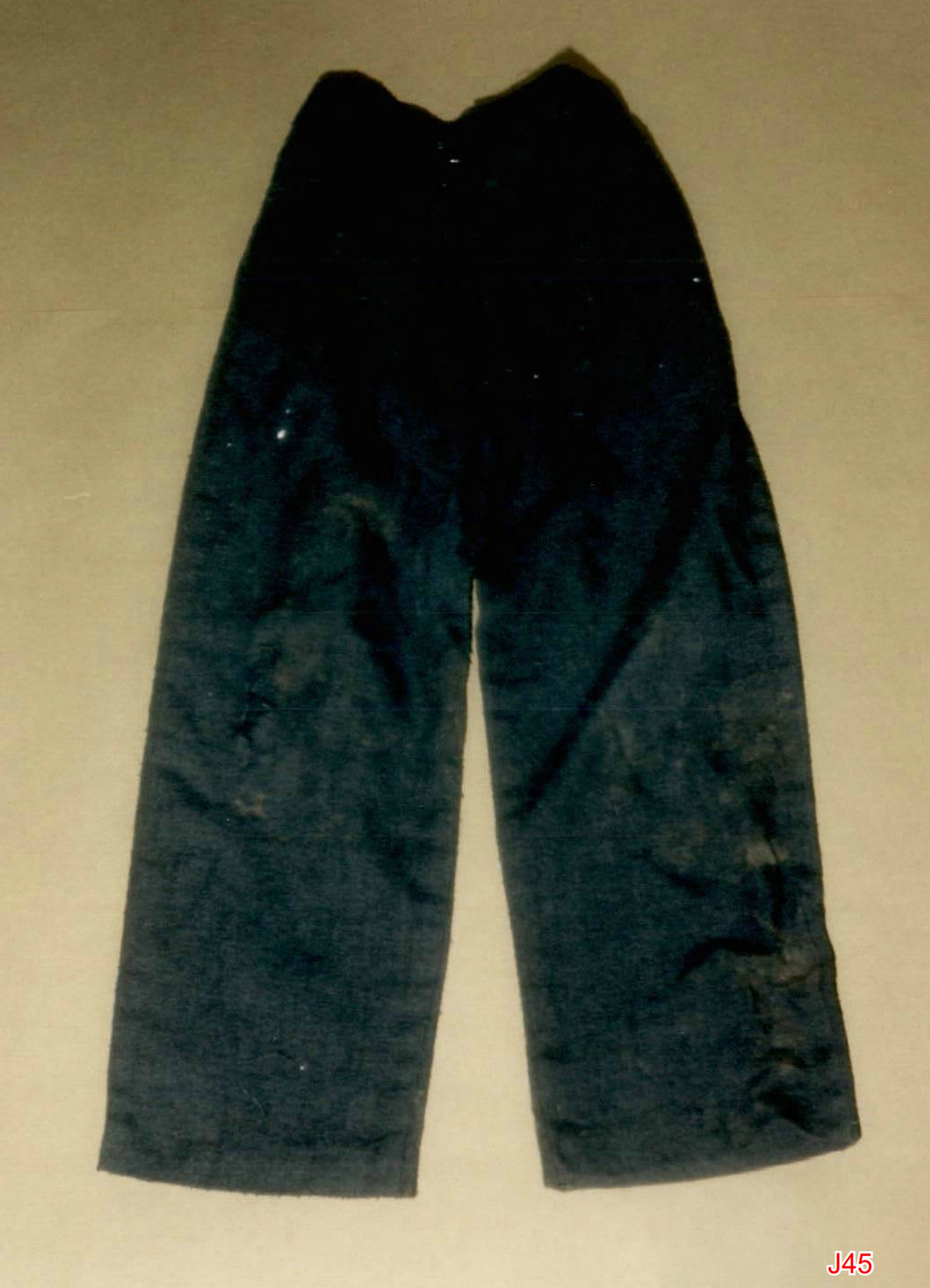How Weetabix held vital clue to Rikki Neave murder
Rikki died within two hours of his last meal

Weetabix held the key to bringing the killer of schoolboy Rikki Neave to justice after 27 years, a senior prosecutor has said.
Six-year-old Rikki had breakfast at around 9:30am on the day of his murder – a fact which fundamentally altered thinking around the cold case.
Hannah Van Dadelszen, deputy chief crown prosecutor for the East of England, said a re-evaluation of evidence pointed towards James Watson – and away from Rikki’s mother Ruth, who was cleared of murder in 1996.
She said: “I think what really fundamentally changed our understanding of what happened in this case was the post-mortem evidence which showed that Rikki died within two hours of his last meal.
“And his last meal was Weetabix for breakfast that morning. And we think that he had that around 9:30am.
“Once we had re-evaluated that evidence, we knew that he had died in the morning, rather than later in the day or the evening, as we had originally thought.”
Soil from Rikki’s shoes was a “major thrust” of the fresh case against Watson, as it showed the victim had walked into the woods where he was found dead but did not walk out again.
“The weight that was attached to that evidence was different in the prosecution back in 1996.
“That’s really the product of different lawyers looking at it and a fresh pair of eyes having a different point of view,” she said.

The emerging picture debunked the earlier theory underpinning Ruth Neave’s prosecution that Rikki was killed at home then wheeled to the woods in a buggy at night.
The case against Watson was sealed after his DNA was found on the clothes Rikki was wearing at the time of his death.
James Watson, 41, was found guilty by majority verdict of murder of the six-year-old at the Old Bailey today. He will be sentenced on a date which is yet to be fixed.

Ms Van Dadelszen said: “One of the advantages that we’ve had in the almost 30 years since the initial case was prosecuted is that DNA technology has improved such that we were able to obtain evidence that wouldn’t have been available to us at the trial in 1996.
“So the evidence package that we had today was more informed and more accurate than that we were able to present at the first trial.
“The DNA evidence was absolutely critical, and really helped build our case against James Watson.
“Initially, Mr Watson had denied contact with Rikki Neave, and then he changed his story over time to explain the contact between him and Rikki.
“The DNA evidence was fundamental, ensuring that James Watson had contact with Rikki Neave, in the clothes that he was wearing at the point at which he died.”
In his evidence to the jury, Watson lied about his contact with Rikki and made up a story that he lifted him up to see diggers on a building site through a hole in a fence.
“In fact, our investigation showed that that fence didn’t exist at the time that Rikki was killed.
“His lying was brought to the fore during the course of his cross-examination and the jury were able to see that.”
Ms Van Dadelszen explained the Weetabix evidence played a key role in reversing an initial decision not to prosecute Watson after Ruth Neave exercised her victim’s right for a review.

She said: “In this instance, when we had a second lawyer look at the case, with the assistance of external counsel, they re-evaluated the weight that had been attached to particular pieces of evidence, and critically, that evidence around time of death and Rikki’s last meal emerged with greater significance than had initially been attributed to it.
“So that decision changed. And that’s the product of our internal processes and a fresh pair of eyes looking at the matter.
“Then as a consequence, went back and looked at other evidence around this, the sightings or so-called sightings of Rikki in the afternoon.
“We were able to develop our case on the basis of those sightings having been false sightings. So that was really the thrust of the review in 2019.
“It’s certainly showing that the initial decision to prosecute Ruth Neave for Rikki’s murder was wrong, and we’ve been very upfront about that.”
She said getting a conviction meant a “huge amount” to the prosecution team.
“I am pleased that we have been able to deliver justice for all those who knew and loved Rikki. And I hope that for all those people that does bring a sense of closure to the case.
“And it does bring a sense of confidence and hope that these types of cases can still be resolved so long after they occurred.
“I think as well, it shows a resilience and a determination by both the police and the prosecutors to really follow through on difficult cases, and not shy away from prosecutions that are far from straightforward.”
PA
